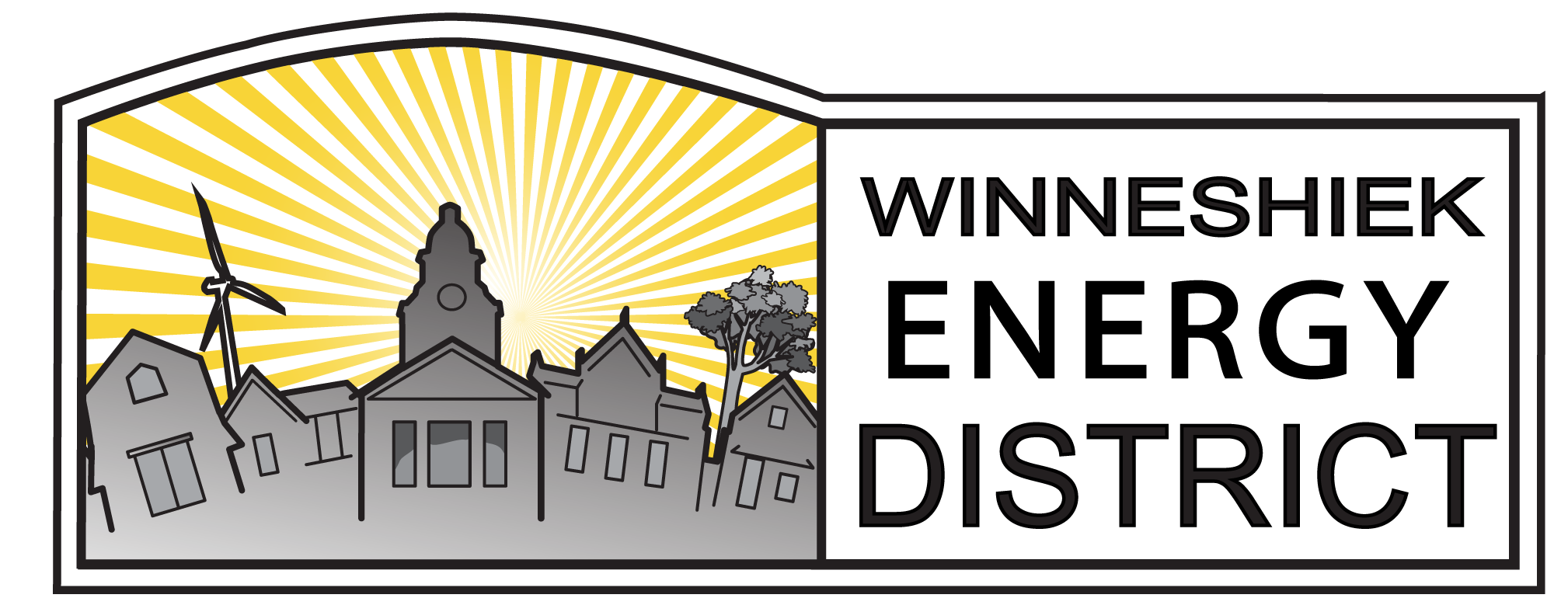June’s Energy Lunch: The Effects of Climate Change on Agriculture in Iowa
By Colin Weber, Green Iowa Member
On June 23rd, Dr. Dennis Todey, director of the USDA Midwest Climate Hub, gave a presentation entitled “The Effects of Climate Change on Agriculture in Iowa” for the Winneshiek Energy District’s monthly Online Lunch Webinar. Dr. Todey discussed how climate change, specifically changing rainfall amounts and temperatures, have impacted soil quality, growing season length, and crop production in Iowa.
According to research gathered by Dr. Todey and the USDA Midwest Climate Hub, current annual rainfall totals in Iowa are about 10% higher than they were in the early 1900’s, but the additional rain is not evenly distributed throughout the year.
Spring has seen the highest increase in rainfall totals compared to other seasons. Because there is inadequate ground cover in the spring, Dr. Todey explained that additional rainfall increases soil erosion, decreasing its nutrient content and polluting local water sources.
With regard to temperature, Dr. Todey stated that Iowans have seen their frost-free season lengthen by about 9 days since the early 20th century, which has lengthened their growing season. In general, this is beneficial to farmers.
However, another major temperature trend in Iowa is that overnight lows temperatures are warming. This has a negative effect on crop health as well as livestock health because it makes it more difficult for plants and animals to recover from the heat stress of the previous day.
Dr. Todey also noted that certain insects and weeds are benefitting from the warmer temperatures and higher levels of carbon dioxide in the air. These insects and weeds could cause additional problems for farmers.
Most of the presentation focused on climate change challenges facing agriculture, but solutions were also touched upon. Practices such as reduced tillage, no-till, and cover crops can bring multiple benefits, including reduced soil erosion, increased carbon sequestration, and even better fertilizer management.
The USDA Midwest Climate Hub is one of ten regional climate hubs throughout the U.S. The goals of the USDA Climate Hubs is to deliver information and research, and enable climate-informed decisions. The Midwest Climate Hub focuses primarily on agriculture, since the Midwest is one of the most intense regions of agricultural production in the world.
For more information, contact Dr. Dennis Todey at dennis.todey@ars.usda.gov.
